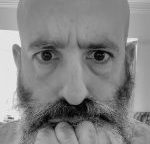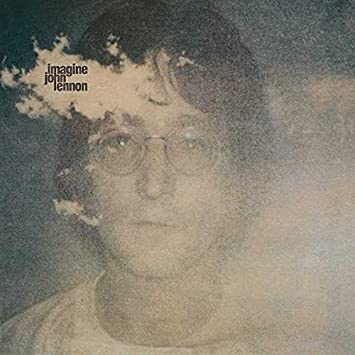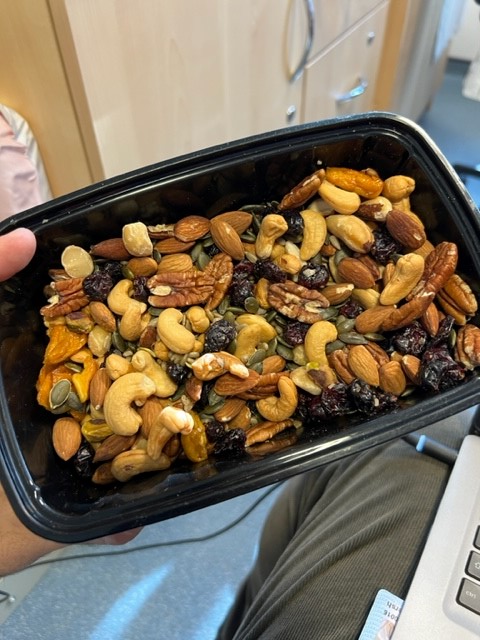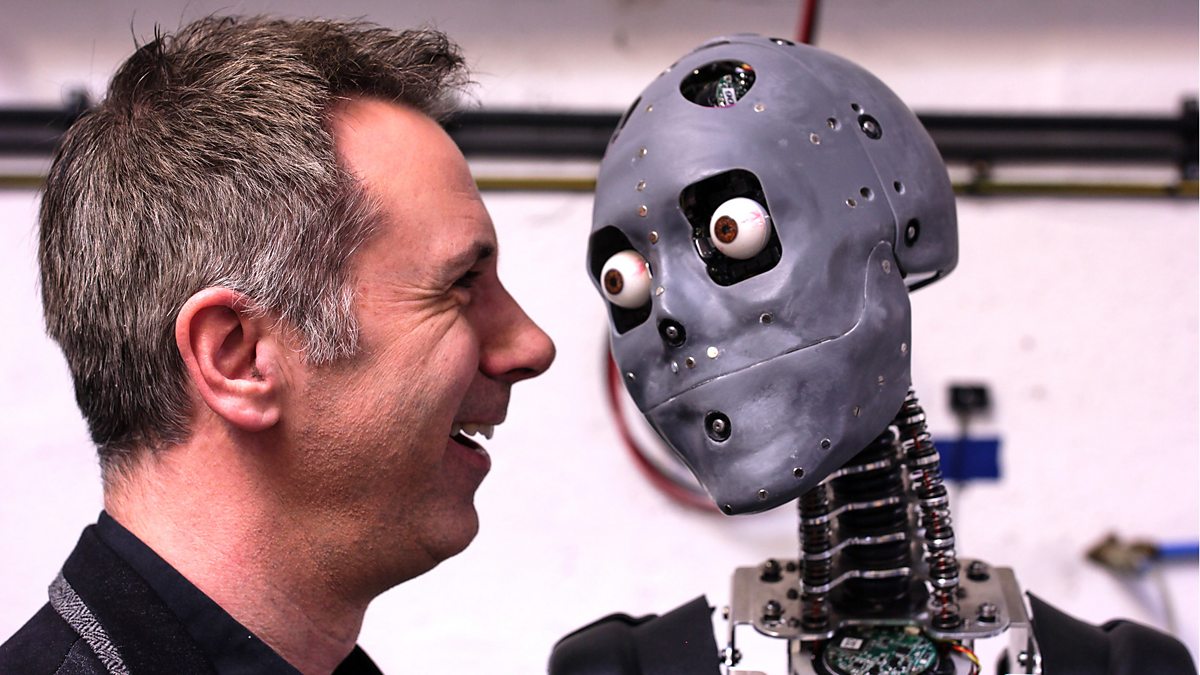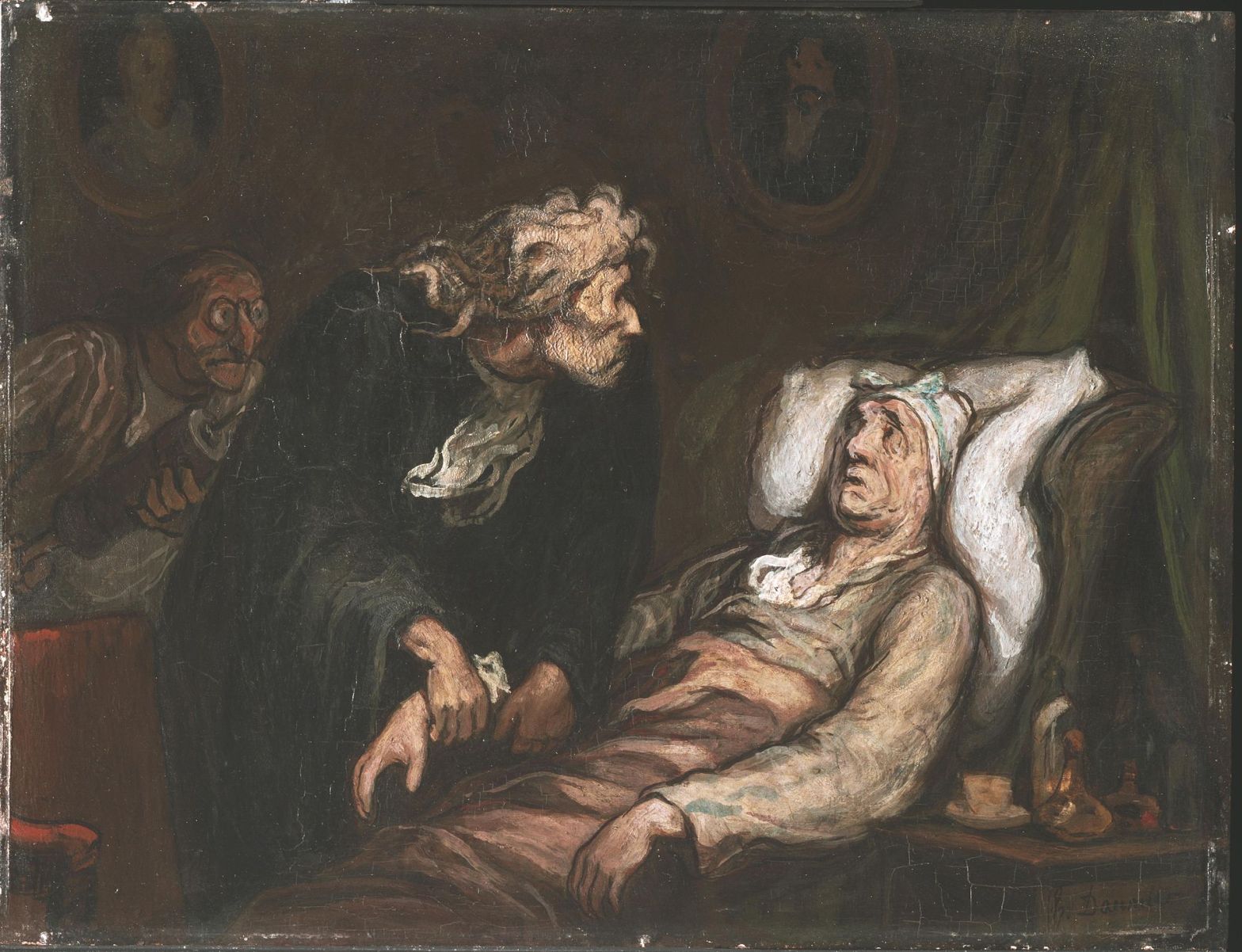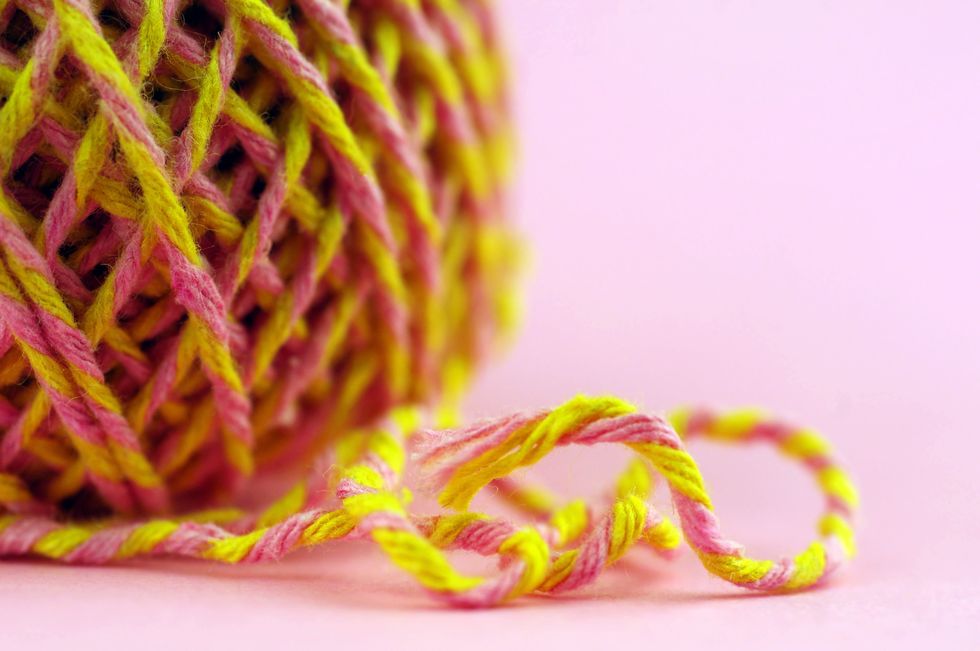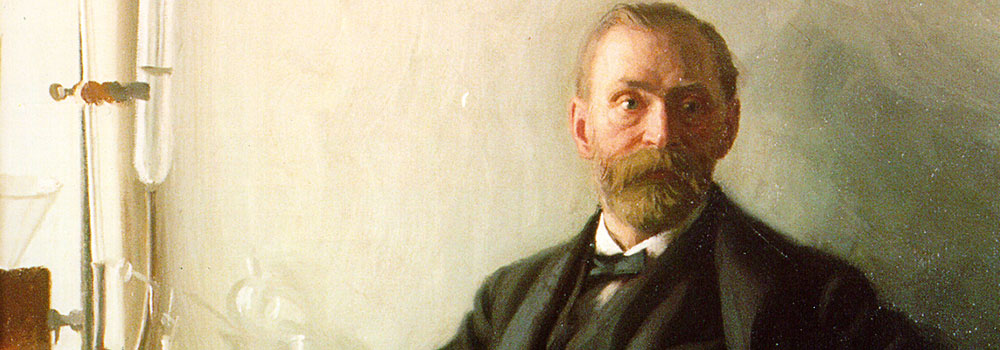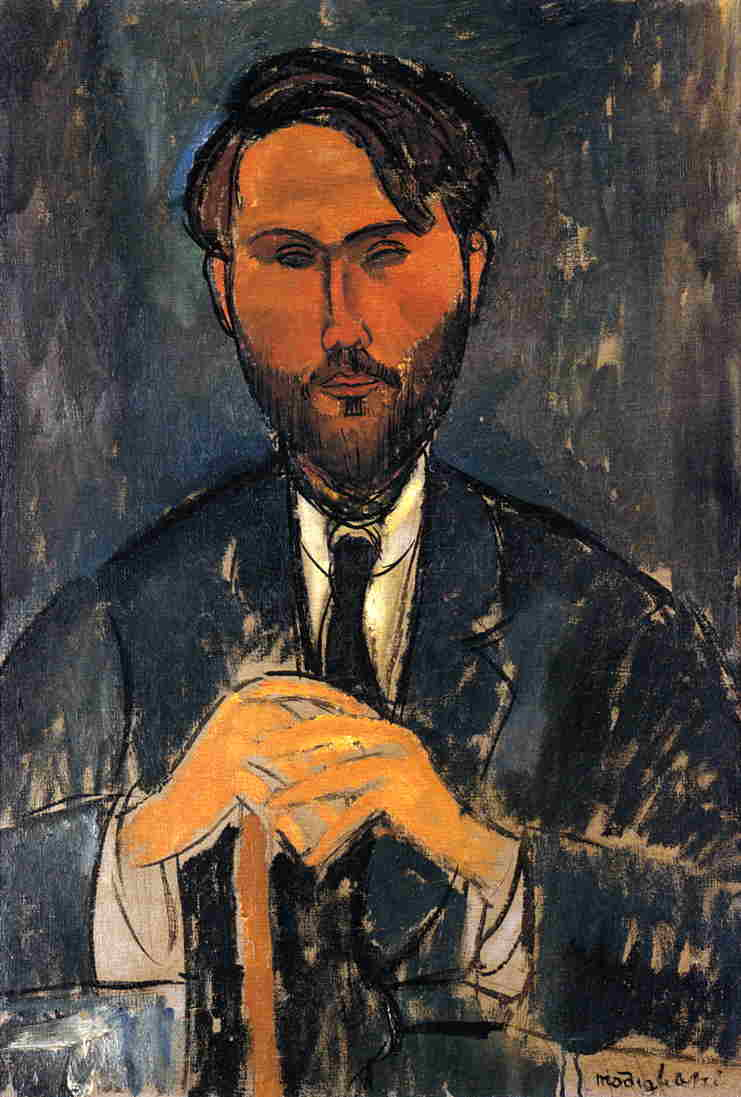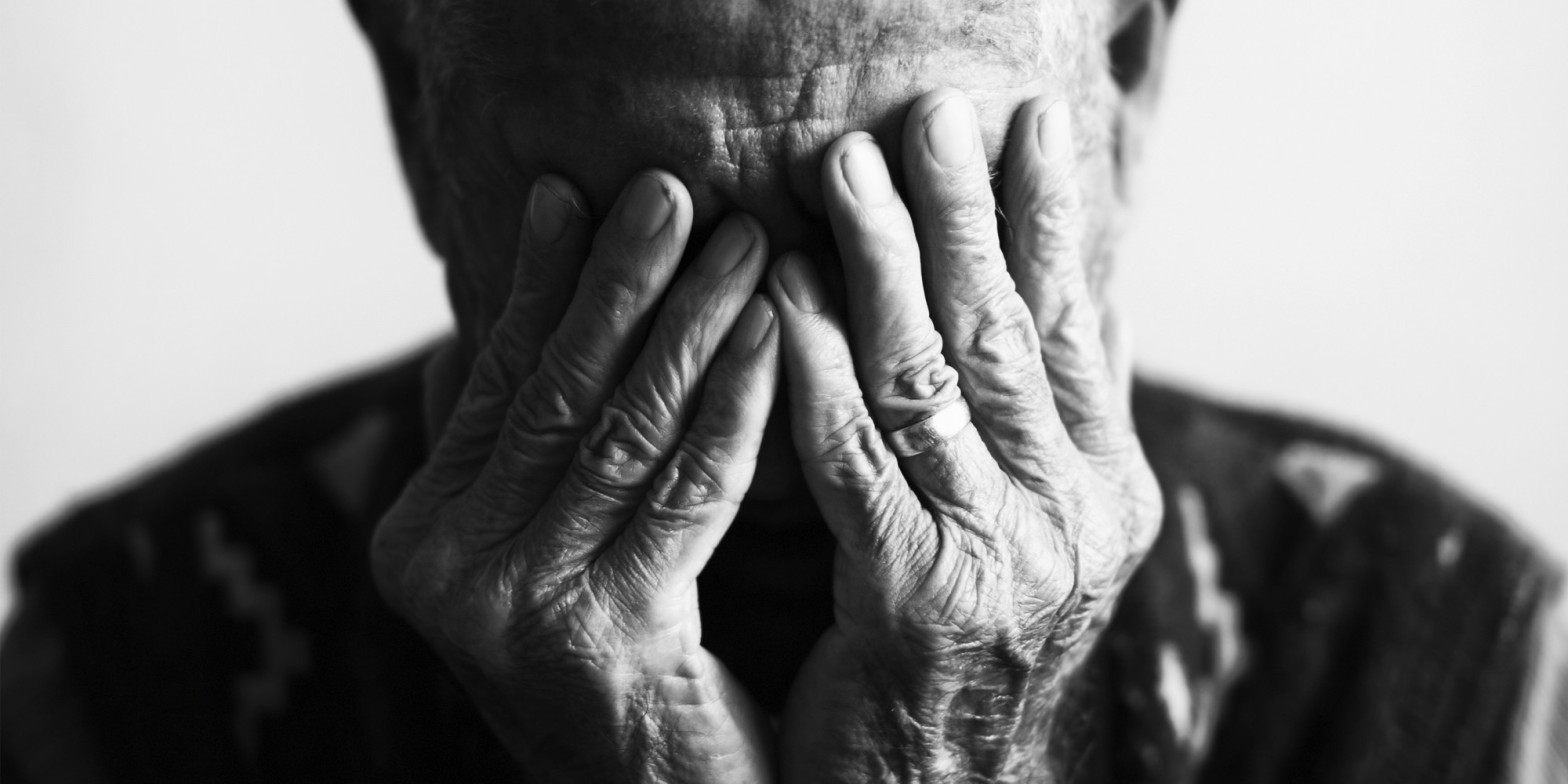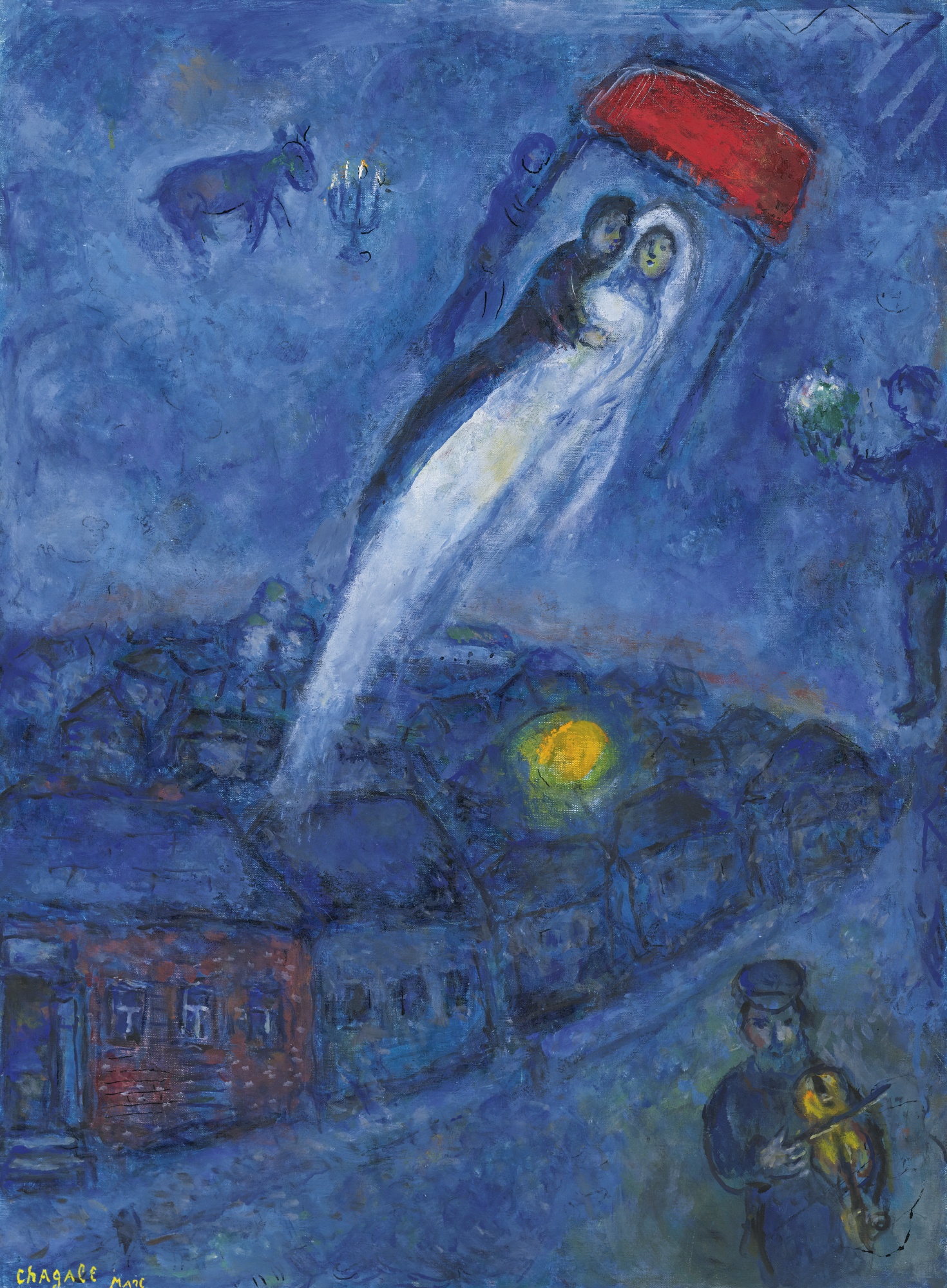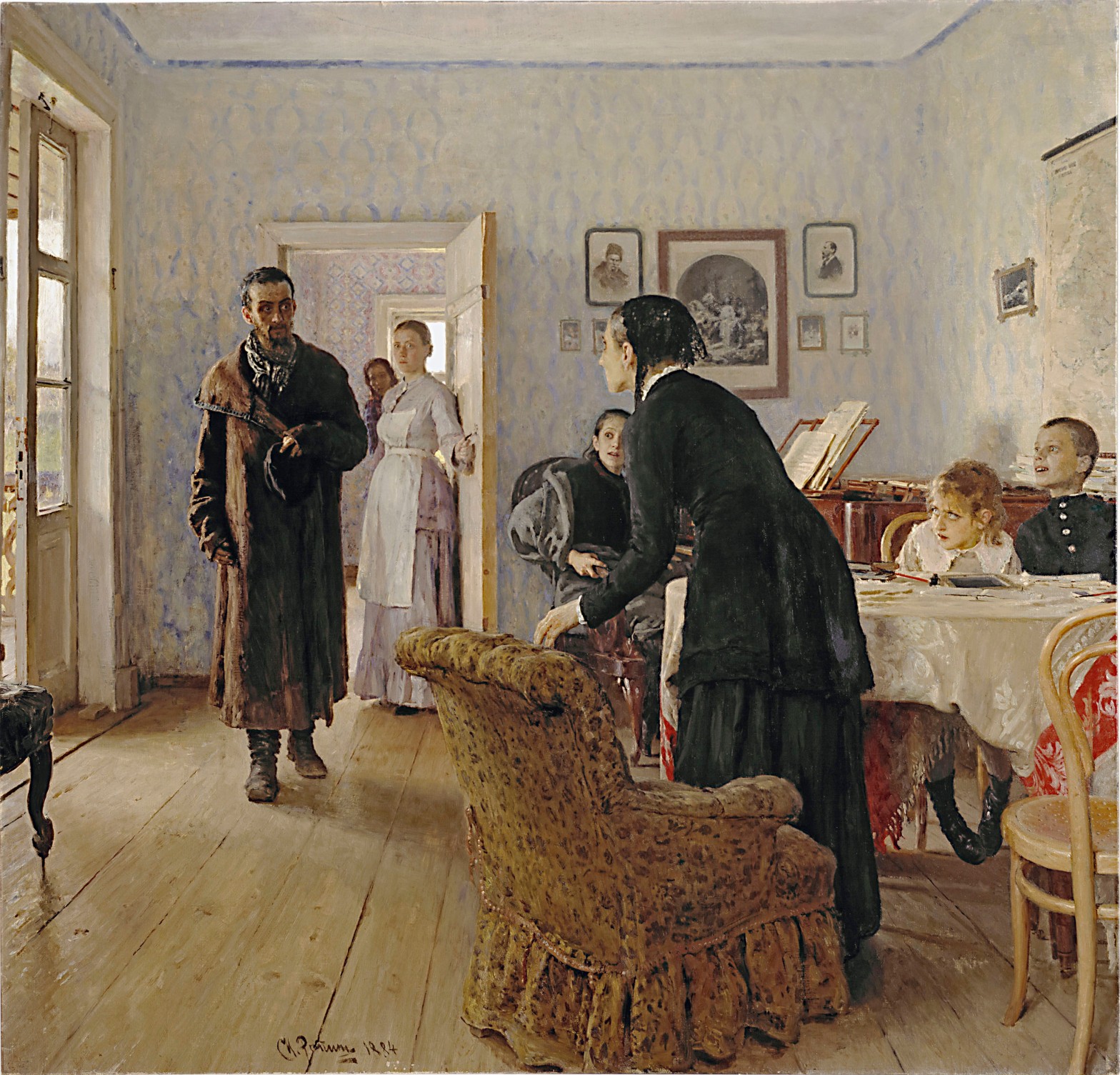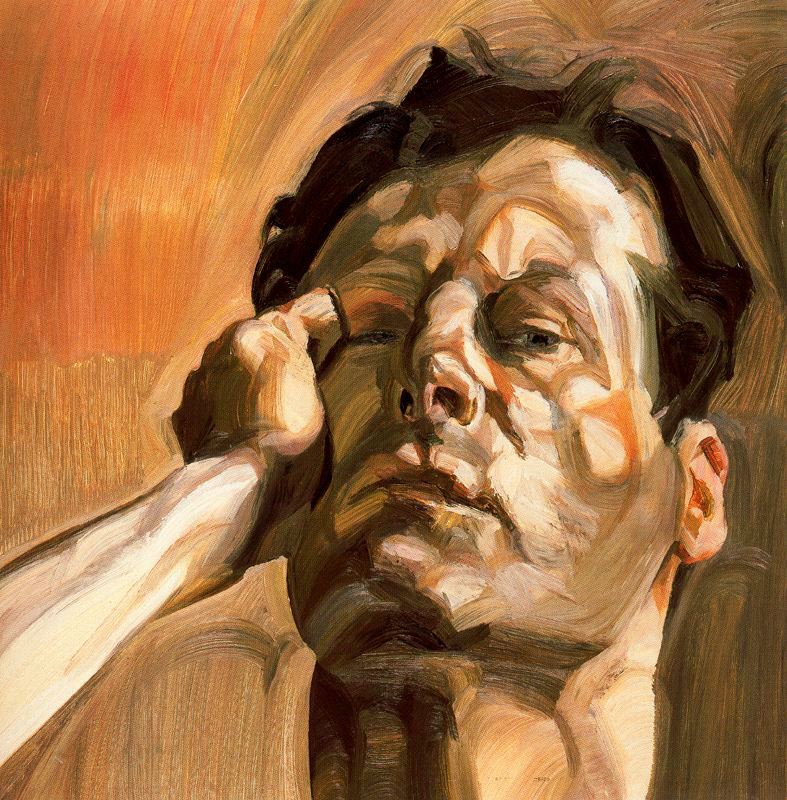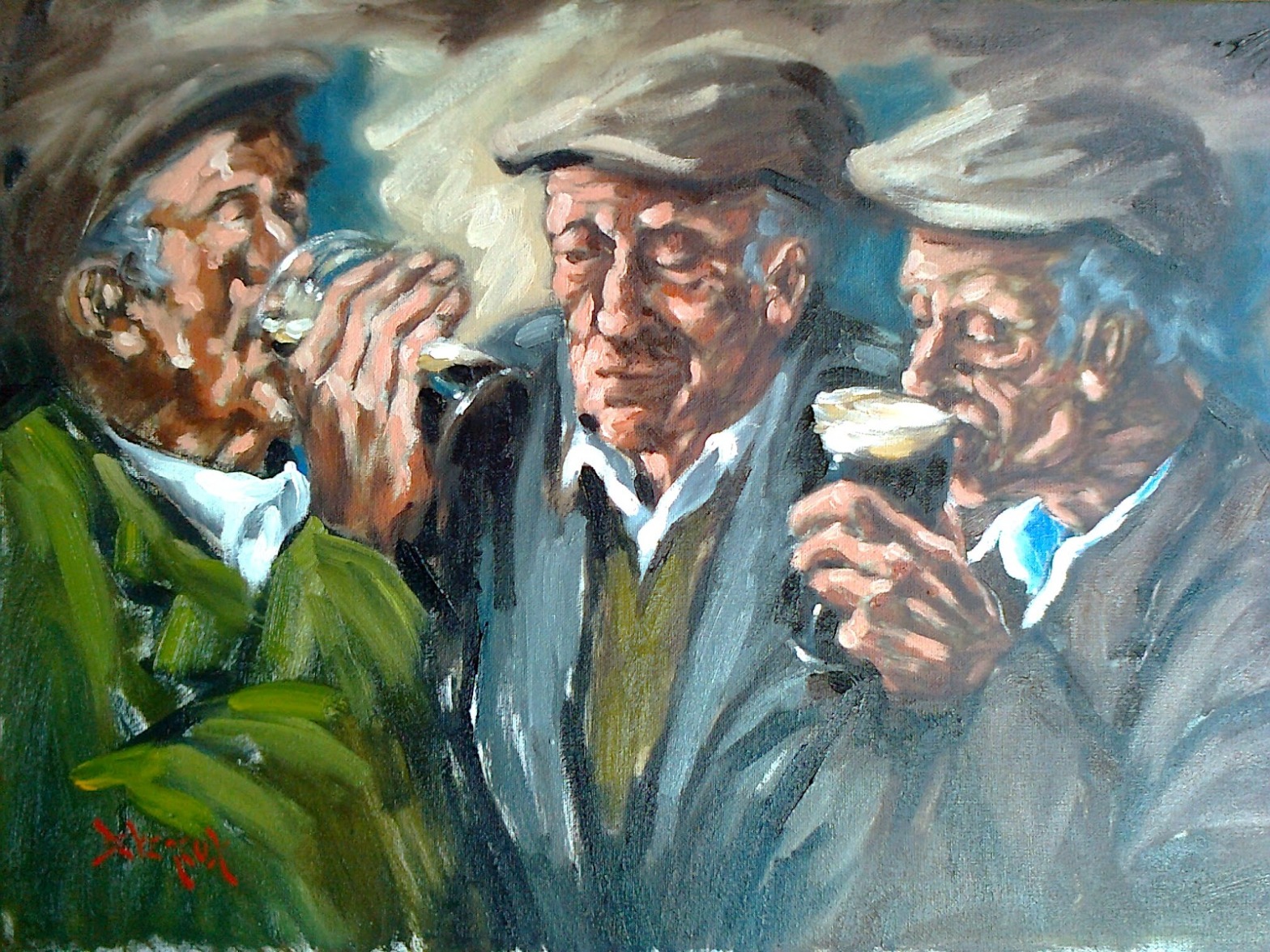Some of my fellow club members took the dip in skins, that is, without any form of protection beyond Speedoes and a woolly hat.
Tag Archives: Older People
Why did granny die? They killed Gran. After Priestley. (A redo, 26/11/22)
The last time Elsie was in hospital was 50 years before when her son was born.
Crisis, alert, no beds!
Many are unaware of the pain and sometimes indignity facing the patients (as Old Adam waits on that stretcher, in hospital gown, bottom or testicle peeking-out, he needs the toilet, ‘Just go in your pad,’ he is told.)
An unusual half hour – just a sharp scratch.
Vaccinations and Mystery photo…
Analogy
To me it means ‘oy vey’ and ‘there you go’.
The cost of loneliness (Roubles, dollars or robots?)
One patient recently attempted to resuscitate her (toy) baby when the batteries ran-out.
I was an ageist arse
Makes my think of my grandfather and his dilute Dettol baths or his pronunciation of Argos
Three days, 15 points and just starting to recover from the British Geriatric Society Autumn Conference
For the most, this was people showing-off their successes, how many older people they had saved from peril (mostly keeping them out of hospital), how many standard deviations from the mean their intervention had generated and so on.
I am long and thin by the end of the summer… Who am I?
You know the game. A cryptic clue and an unexpected answer. It came to me this evening, when I was discussing my role with colleagues. I am a hospital trained doctor who works in the community and helps older people, although sometimes young ones too. Who am I? I am a geriatrician. Although I hateContinue reading “I am long and thin by the end of the summer… Who am I?”
It’s not all about falling over
One of those instances that over time becomes part of how you see the world.
Prisoners
I know that is so very much the essence of care – understanding the language of interaction. How to approach another, how to speak through gesture, to know what to say and what not.
London to Glasgow (cardiologists and frailty)
First, I wanted to mention Neprilysin (and its inhibitor) as it seems to me to be such a cunning piece of high-tech science it should reach this blog. Then I’ll get to the cardiologists!
G. falls over and possibly bangs his head
He was treated with antibiotics and returned to the care home 48 hours later. During his stay he fell twice on the ward; there was an incident with a member of staff which led to him receiving intramuscular Lorazepam.
My daughter is in a nursing home
On bingo days she misses her water tablets.
Manor Field Blog #2 – I am a GP not.
In the olden days, over 65 was considered old.
Now, when I meet someone who is 75, I consider them young.
Hypo-perfusion or embolic phenomenon
Time almost always does the trick;
That,
And staying calm.
Unsafe admission
The example being:
89-year-old woman, lives alone, dementia, diabetes, COPD, has fallen, bruised face – best admit.
And this is the thing.
DToC
Most readers of my blog will not have heard of this term. I suspect most of those working inside the NHS don’t know of its existence either… DToC – Delayed Transfer of Care. This is how groups of mostly older people are categorised once they are deemed medically fit – (another NHS neologism which tooContinue reading “DToC”
In your sleep – (Safe in heaven, dead/)
It is an odd thought – dying in your sleep. Pyjamas, tooth brush, perhaps a few pages of a novel and no more. Your eyes close and at some point, in the night, heart stops. Dead. This is what it is to be alive. Precarious, a tightrope of existence or not. The mechanismContinue reading “In your sleep – (Safe in heaven, dead/)”
Geriatric fall
Tabloids love these figures as it allows them to get away with saying… ‘Hospital H – death rate is twice the national average!’ Subtlety is usually lost in these situations.
Long lie
Two days.
That is a very long time.
Stick
Indeed, the last walking stick I saw came to a bad end when it wasn’t used as a walking stick.
A bit about Buurtzorg
This isn’t beating our scythes into ploughshares, more converting our managers into coaches, and, our technologically disease focused institutions into holistic health hubs.
Language!
Let us lift our love-ones out of the morass of 21st Century care.
Night at the hospital
There is an assumption that when the lights go down and the night-staff appear on the scene that things become quiet and still – a little like a scene from Bambi.
Person-centred
Could you Facetime your doctor when you are on holiday in Greece rather than having to wade through the complexities of health insurance (yes, Brexiters) and a foreign health system?
Just what are we doing?
Snap – your left hip.
Stop!
She survived. She could have died – I never asked the question.
Teal thoughts
Simplicity is the ultimate sophistication.
Unnatural selection
You are unconscious, the focus for the doctors and nurses is maintaining your physiology with particular attention to your brain and heart.
Medicines, etc.
Nevertheless, within the dark underbelly of medicine, where geriatricians live, there are some quite stunning effects often, from stopping and sometimes starting medicines.
1328
They aren’t diseases or malfunctioning organs, they aren’t flow or machinations of the system; they are universes unto themselves and those who love them.
More than one path
What could be better – working within science and the metaphysical, the harmonious synchronicity of mindful being and state-of-the-art clinical science?
Teacups
In other words, intravenous saline although a fundamental part of modern medicine is nowhere near as good as a cup of tea.
The Interceptors
The point, as is often the case, is my aversion to patients. Or rather, the existential construct that relates to the ‘patient state’ = they who suffer; with the principal goal of my life being to obviate suffering, my objective is to really stop people turning into patients.
And that is the role of the interceptors.
Future? (pace & meaning)
if you choose to follow this path in life, without basing your actions on, I guess, vocation, you are in trouble
Dementia awareness week #DAW2016
Slow down, be mindful, respect your elders, respect your knees & don’t mess too much with your hair!
Medically fit
So long as you are still able to participate, join-in with the conversation, your perception of self is just as valid as that of the doctor or nurse.
Things could have been different…
How to change the system?
Puberty, the NHS and Laloux
Here we have it, a system that needs to be changed, a system that is changing and a process that is threatening to kill that system – you might think of puberty with anabolic steroids or platform boots – wobbly, unsafe and unsightly.
Visiting time, or, what is 21st Century Medicine?
Our actions at times border on the holy, and we cannot allow the profane to defile the sanctity of the experience.
You don’t know what you’ve got…
And so, to my colleagues, the team of Mallard, I say, here we are – we are something special, we are the exception to the exception that allows magical things to happen.
Carers, care and caring
These are questions I will never be able to answer.
Theory of attributions and me
Attribution is funny and not something I fully understand.
Habit, hospital & older people
Habits are our liberation, they are also a limitation
Sliding in, struggling out
An old man living alone, is that the problem? Is the problem that it is a problem?
What do you do?
I have recently been asked to show what I do, to demonstrate, I guess, how much value I am for the money spent on me.
What is dementia?
Whether we follow the Japanese and find a new name, or work to continue to change attitudes and behaviours, steering people away from the stigma currently associated with dementia is unclear – it is certainly the bogeyman that TB, cancer and HIV once were, we just need to work towards finding better solutions and ways to support people until we find a way out.
Catheters, old men & dementia
As time marches on, with each passing decade, more men will develop these symptoms, until, in their 80’s and 90’s, they are almost universal.
Planning ahead…
I’m sorry if this sounds a little dark, and that, is probably part of the reason most people don’t want to go-here.
Cannulas and Cannulae
I can’t imagine what modern medicine would be like without these colourful pieces of plastic.
Patients in pyjamas
Patients in pyjamas – it might sound a little flippant, but I think this is something that is very important. I cannot comment on the behaviours of other patients outside of the UK – we, in Britain, approach hospital attire in a special way; pyjamas. I don’t know when pyjamas began in hospital – whether backContinue reading “Patients in pyjamas”
Alzheimer’s – what is it?
I guess, after the months that I have been writing about older people, memory and emotion, I should spend some time describing what, in my eyes, is Alzheimer’s disease – bearing in mind that this is my interpretation, rather than say the view you might get from another doctor, whether geriatrician, psychiatrist or neurologist. ThereContinue reading “Alzheimer’s – what is it?”
Some more thoughts on urine infections…
It is likely that a doctor, a nurse or carer admitting, ‘something is wrong, I don’t know what,’ is better than heading off down a therapeutic blind alley.
Reducing restrictive interventions
Take a moment to think of those nurses, healthcare assistants, therapists and domestics who daily see beyond the fear and the worry of an old person, to the human being who is hiding in the shadows, obscured by layers of disease, for they are what keep us human.
The drugs don’t work they just make you worse
The Verve released this song in 1997 in their album ‘Urban Hymns’. I was living in Dundee at the time and can remember walking down Perth Road singing this as I met my friend Phil who has walking in the opposite direction, singing the same song to himself. It is funny that so manyContinue reading “The drugs don’t work they just make you worse”
